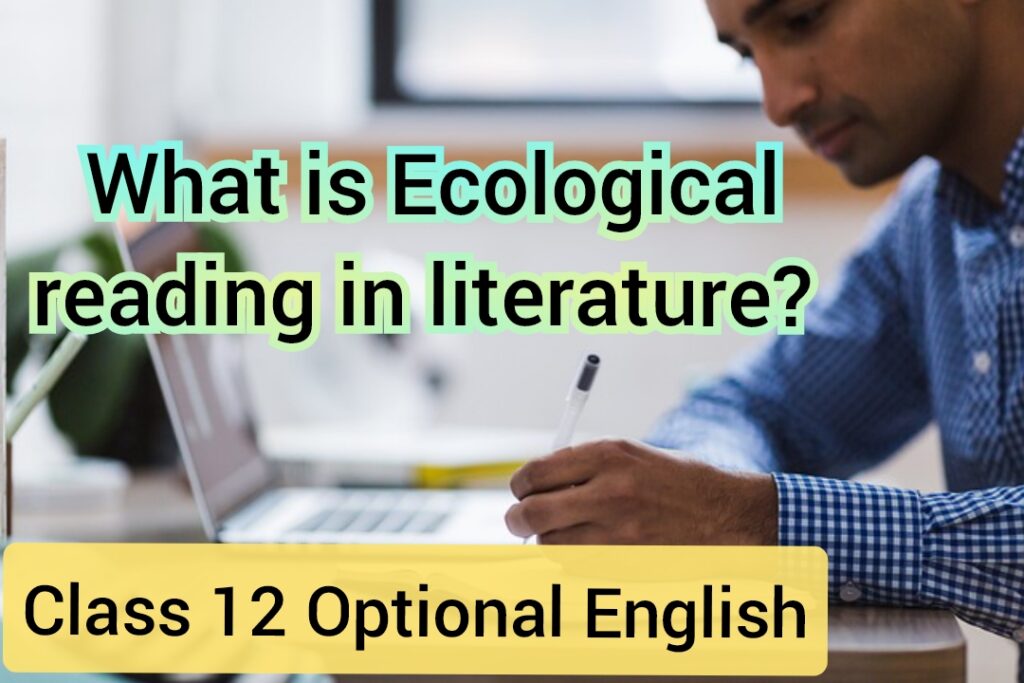Ecological reading in literature refers to the practice of analyzing and interpreting literary texts through an ecological or environmental lens. It examines how the document describes and addresses ecological issues, such as the relationship between people and nature, environmental degradation, climate change, and sustainability.
Ecological reading in literature often explores themes of nature, landscapes, wilderness, and the impact of human activity on the environment. It may also involve examining the use of language, images and symbols to communicate ecological ideas and messages.
1. Environmental awareness:
Ecological reading in literature often requires a deep understanding and appreciation of the natural world. It emphasizes the interdependence of all living things and the importance of preserving and protecting the environment.
2. Feeling of belonging:
Ecology literature often emphasizes the importance of particular landscapes or areas. It explores how the natural environment shapes characters and their experiences, as well as how these affect the environment.
3. Durability and conservation:
Ecological reading promotes ideas about sustainable lifestyles and the conservation of natural resources. It raises awareness of the consequences of human actions on the environment and encourages readers to adopt more eco-friendly practices.
4. Criticism of human impact:
The ecology literature often criticizes the devastating impact of human activity on the environment. This can highlight issues such as deforestation, pollution, climate change, and exploitation of natural resources.
5. Connect with Indigenous Knowledge:
Several ecological publications explore the wisdom and knowledge of indigenous cultures in relation to the environment. It emphasizes their sustainable practices, their spiritual connection to nature and the importance of preserving their traditional ecological knowledge.
6. Ethical considerations:
Ecological reading often raises ethical questions about our responsibility to the environment and future generations. It explores the ethical implications of our actions and encourages readers to reflect on their own roles and responsibilities.
7. Interdisciplinary approach:
Ecological literature often draws from a variety of disciplines, including ecology, biology, philosophy, and sociology. It integrates scientific knowledge with literary techniques to explore environmental topics and issues.
8. Symbols and metaphors:
Ecological reading often uses symbolism and metaphor to convey deeper meanings about the relationship between humans and the natural world. He may use nature as a metaphor for human emotions, social problems, or philosophical concepts.
9. Hope and Resilience:
Despite its often grim portrait of environmental degradation, ecological literature often offers messages of hope and resilience. It highlights the potential for positive change, the power of collective action, and the ability of individuals to make a difference.
10. Call to Action:
Reading green books often inspires readers to take action and actively participate in environmental protection activities. It encourages readers to become more involved with the natural world, adopt sustainable practices, and advocate for the protection and conservation of the environment.

